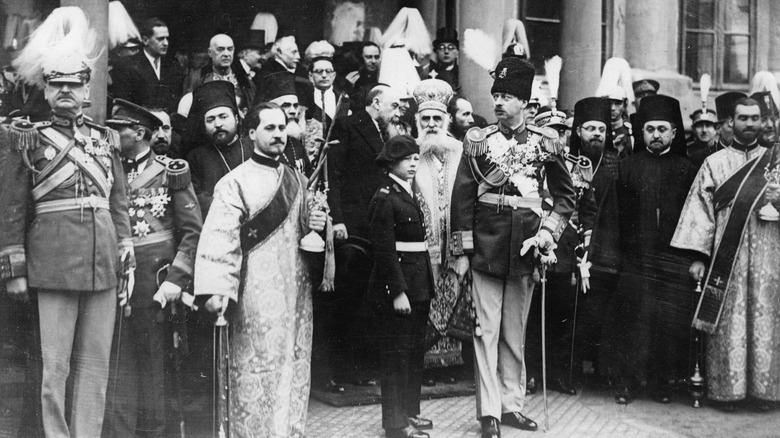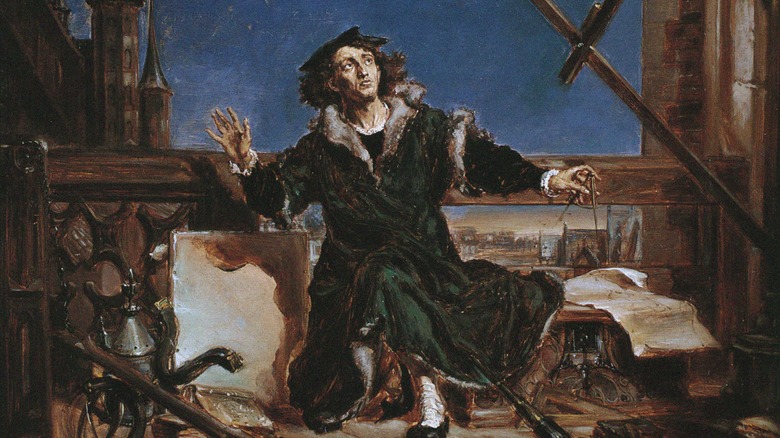
Why King Carol II Of Romania Renounced His Title
World War I and its aftermath were the beginning of the end of monarchical dominance in Europe. Multiple abdications occurred among the major powers, which forever changed the political landscape as new republics formed. Kaiser Wilhelm II was forced into exile, Czar Nicholas II and his family were executed, Sultan Mehmed IV departed from his position in 1922, and the Habsburgs were not even allowed to live in Austria unless they relinquished their titles. The age of kings was not quite done, however.
In addition to those that remain today, the monarchies of Italy, Greece, Romania, and Bulgaria managed to survive The Great War as well. As new conflict loomed in the following decades, many became willing and unwilling allies of Nazi Germany, hoping to stave off invasion or German-inspired coups. This placed them in a precarious situation, as in this role, they needed to both satisfy German political demands and quell domestic dissatisfaction with foreign interference. Even begrudging compliance with Germany could be met with such consequences, as Carol II of Romania learned.
Carol II's reign was doomed by his attempt to be a neutral authoritarian
According to Britannica, Carol II wanted to emulate the infrastructural progress he perceived to have been accomplished by Mussolini. When he became King of Romania in 1930, he proceeded to erode democratic processes and give himself absolute authority. Meanwhile, he led a scandal-ridden life full of alcohol and affairs that sparked his temporary replacement by his son Micheal I (via TheFamousPeople). Despite these exceptionally dictatorial actions, Carol maintained an alliance with France and Britain in addition to his efforts to gain German favor. Hitler, concerned and incensed by the potential of resource-rich Romania as an enemy, sought to punish the King’s seeming indecision (via History Today).
In 1940, Germany found itself as the arbitrator of a border dispute between Romania and Hungary, stemming from the latter trying to claim the former’s territory as the Soviet Union and Bulgaria had done previously. In order to prevent war between two potential allies and to weaken Carol’s government, the Germans proposed the effective splitting of Transylvania between the two parties (via Oxford Reference). While not ideal, German insistence that these borders would be respected in the future led Carol to sign the agreement (via History). The Romanian public was enraged by this further humiliation and revolted. To avoid escalation, Carol ceded his power to other figures, but they only proceeded to force his full abdication, ally themselves with Hitler, and again replace him with his son (via The New York Times).
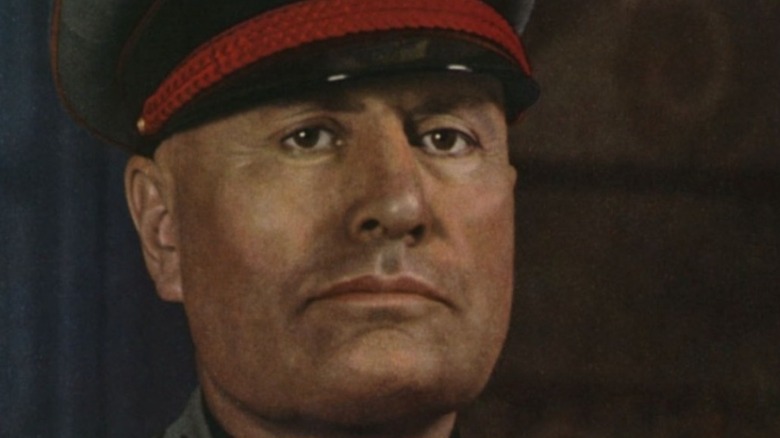
How Mussolini Was Even More Evil Than You Think
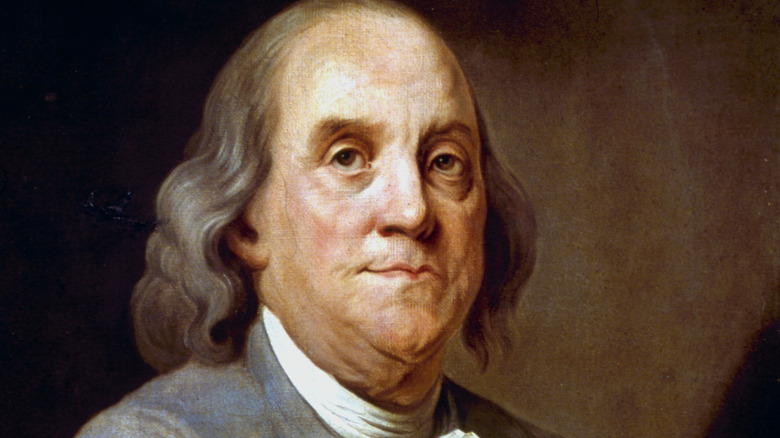
The Truth About Benjamin Franklin's Relationship With His Wife

The Truth About Chevy Chase's Near-Death Experience

Athletes To Watch During The Tokyo Paralympics

What Would Happen If All The Insects Died?
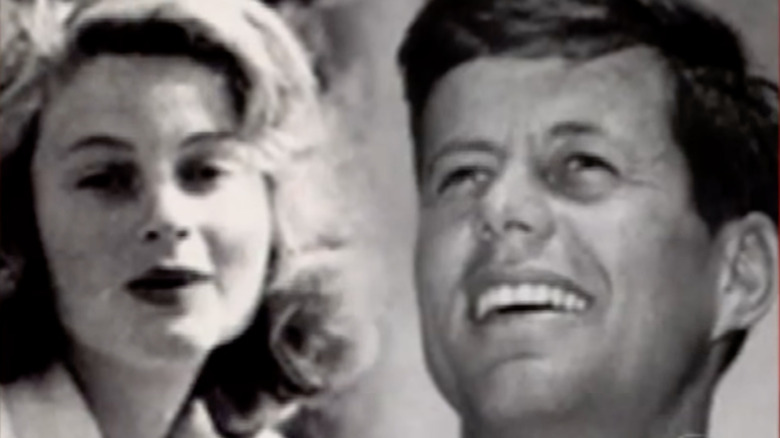
The Truth About JFK's Swedish Mistress

The Sad Death Of John DeLorean
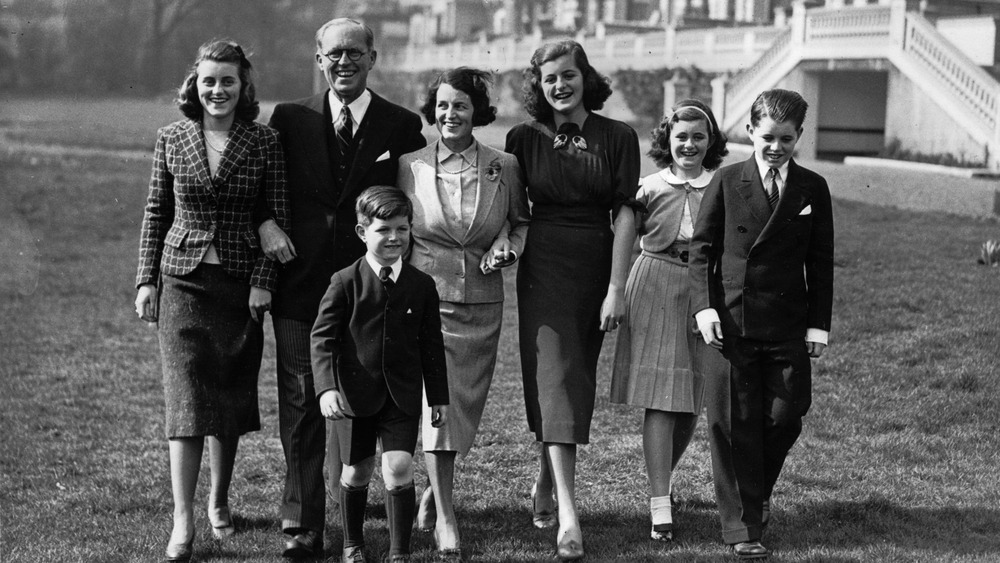
How The Kennedy Family Really Got So Rich

The Real Reason Dancing Was Once Illegal

Here's What You Don't Know About Japan's Adorable Flying Squirrels
